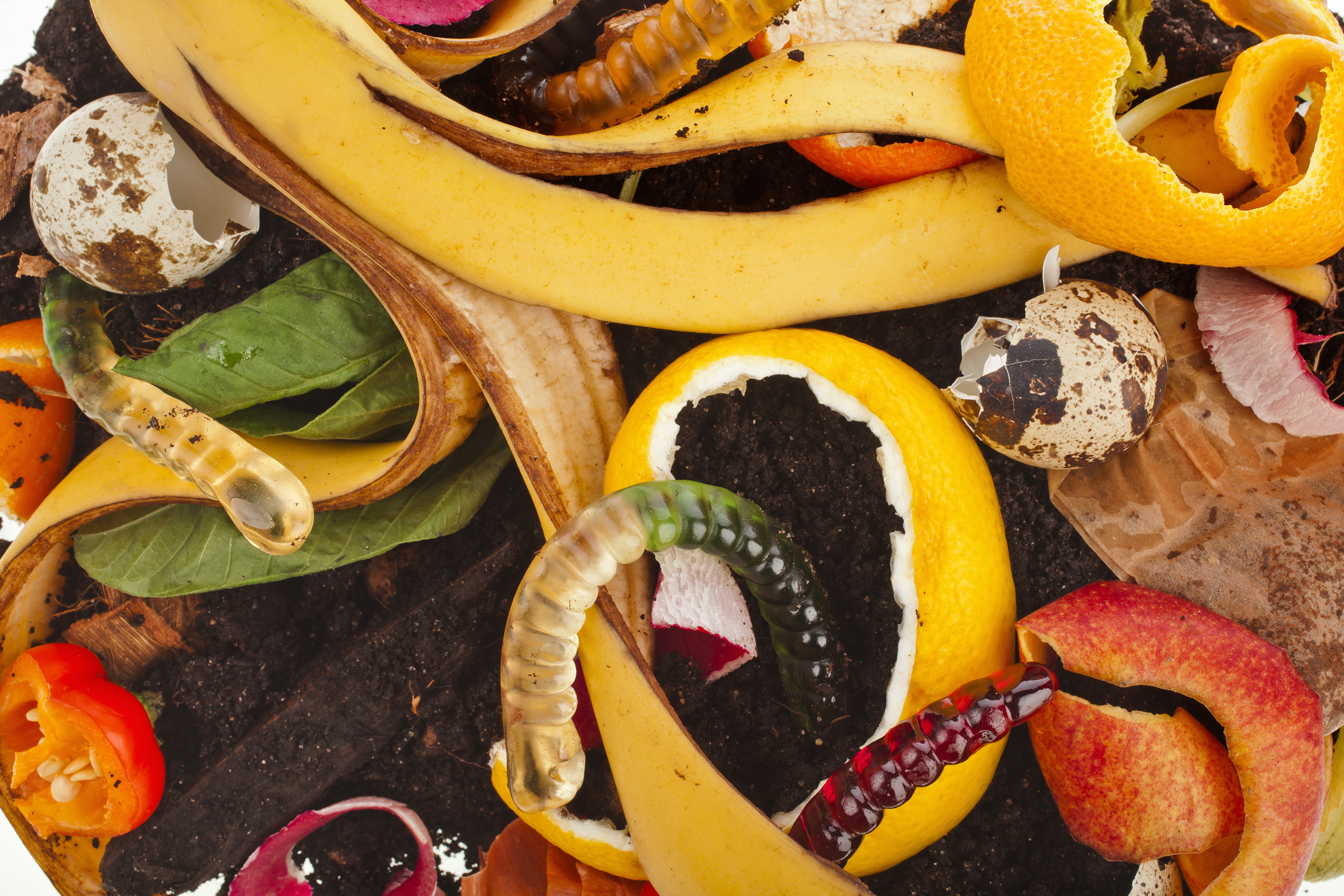Send your question to Umbra!
Q. I’d really like to start composting the food scraps from my kitchen, but my HOA doesn’t allow outdoor bins. Are there any sneaky ways to compost without anyone noticing?
Tinaz S.
Vernon Hills, Ill.
A. Dearest Tinaz,
As far as acts of rebellion go, this is one of my favorite kinds: harmful to none, beneficial to all, and with the potential to change some hearts and minds. No homeowners association should be able to force you to send your scraps to the landfill – and luckily, nor can they. There are indeed a few options for clandestine composting, even among the nosiest of neighbors.
Why does the HOA care in the first place? Reasons may vary group to group, but I’ll bet it’s because they think compost bins are stink-producing, bacteria-brewing, rat-attracting pestilence pits that will lower property values. Of course, you and I know a well-tended compost pile is none of those things. (Incidentally, many HOAs feel the same way about other eco-friendly accouterments, like clotheslines and solar panels.)
If you’ve got a garden – don’t tell me your HOA has banned those too, Tinaz – you might want to try a favorite surreptitious method among others in your situation: pit or trench composting. Pit composting is the simplest: Just dig a foot-deep hole out back, add your forbidden fruit pits and verboten veggie peels, and cover with at least eight inches of dirt. Repeat as your garden and yard space allow. Depending on your soil composition, decomposers naturally living in your yard can break the scraps down in as little as a month. Chopping the scraps before burying can help speed decomposition.
Trench composting is a little more strategic: You plant your veggies in rows, leaving space for a foot-wide trench alongside your crops and another for walking space. Sneak your scraps into the trench while you’re gardening and cover with soil. The next year, rotate your rows so that last year’s compost trench is this year’s walking space (here’s a diagram for you visual folks). Not only is this method sneaky, it also supercharges your garden with nutrients for next year’s plants. Just treat it like you would a full-fledged compost pile and keep dairy, meat, bones, and pet poop outta there, or your HOA might be more justified in its opposition.
If that’s not an option, Tinaz, I’d look into building or buying an indoor bin you can stash in your garage, basement, or out-of-the-way corner of the house. These range from fancy store-bought containers to a five-gallon bucket tucked under the sink, but they all work on the same principle: Toss in your chopped-up kitchen scraps, layer with crumpled newspaper or sawdust to help balance those all-important greens and browns and keep smells at bay, maybe add a scoop of soil every so often, and mix it weekly to keep it oxygenated. It’s not hard, and many composters I know find the whole thing kind of fun. And it definitely need not be expensive: Here’s a DIY plan for a larger bin, and here’s one for an apartment-friendly model.
And let’s not forget one of my all-time favorite indoor composting choices: vermicomposting! Basically a worm farm that goes to work for you by digesting kitchen leavings and pooping them out as a rich soil additive, worm composting bins don’t have to take up much space, (naturally) don’t smell, and have the added bonus of adding thousands of industrious new pets to the home. (I suspect kids would get a real kick out of one of these, too.) As with other indoor bins, your options run the gamut from purpose-built to DIY. You can find more details and read some of our own Greenie Pig’s adventures with vermicomposting here.
Now that we’ve got you composting on the sly, I don’t want to neglect your neighbors: Why not try to get your anti-composting HOA to change its tune? Chat with the leaders to find out exactly what the problem is, then assure them that outdoor composting won’t take your neighborhood back to medieval levels of sanitation. Find out how your HOA goes about changing its bylaws and convince your neighbors to vote yes for compost (one-on-one campaigning aided by cookies can be very helpful here). And if that doesn’t work, why not go over their heads? Texas just did it, and so can you.
Rebelliously,
Umbra



